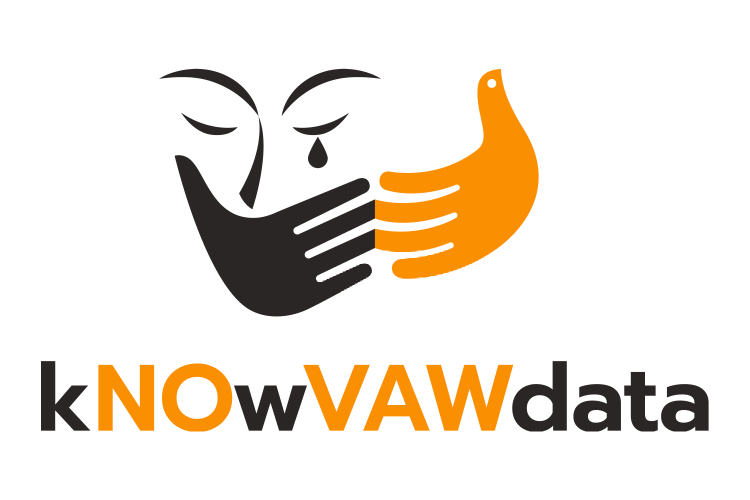Knowledge Hub

The Knowledge Hub provides links to resources supporting the measurement of violence against women and has been funded under the Pacific Spotlight Initiative. While starting with a primary focus on Pacific resources and global resources which are applicable for the Pacific region, the Knowledge Hub will continue under the UNFPA kNOwVAWdata initiative to support global knowledge exchange and a strong community of practice. The strength of this Knowledge Hub is the opportunity to share resources and support all regions of the globe.
If you would like to share links to be added to the Knowledge Hub, please send them to knowvaw-program@unimelb.edu.au.
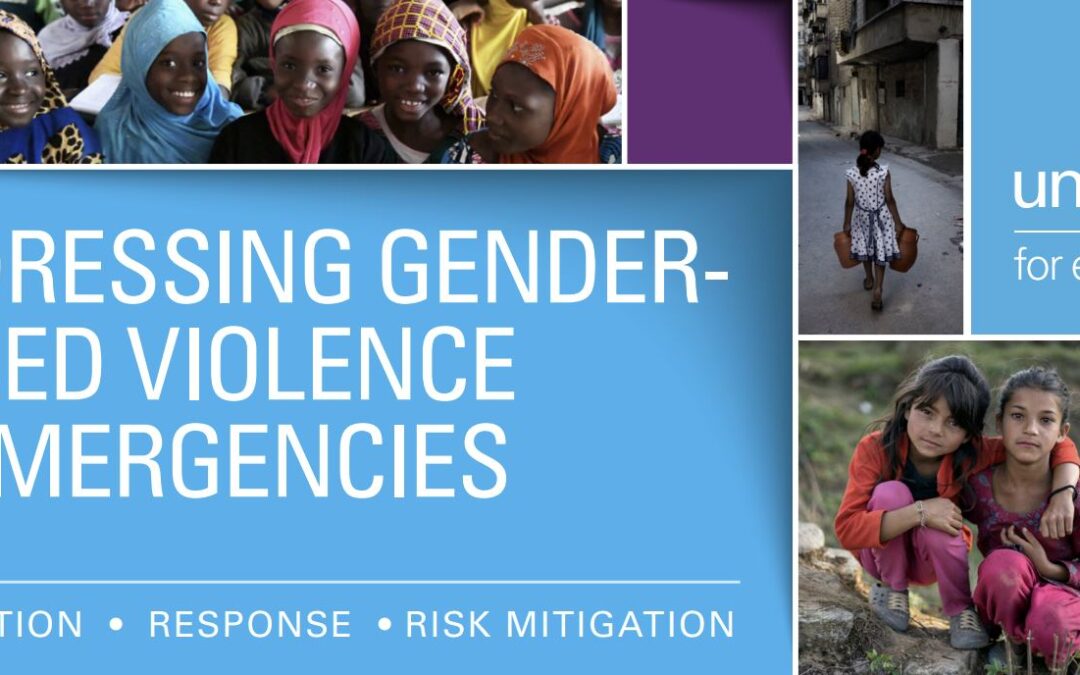
Addressing Gender-Based Violence in Emergencies
This brief provides a summary of why gender-based violence in emergencies matters, alongside UNICEF's commitment and approach.
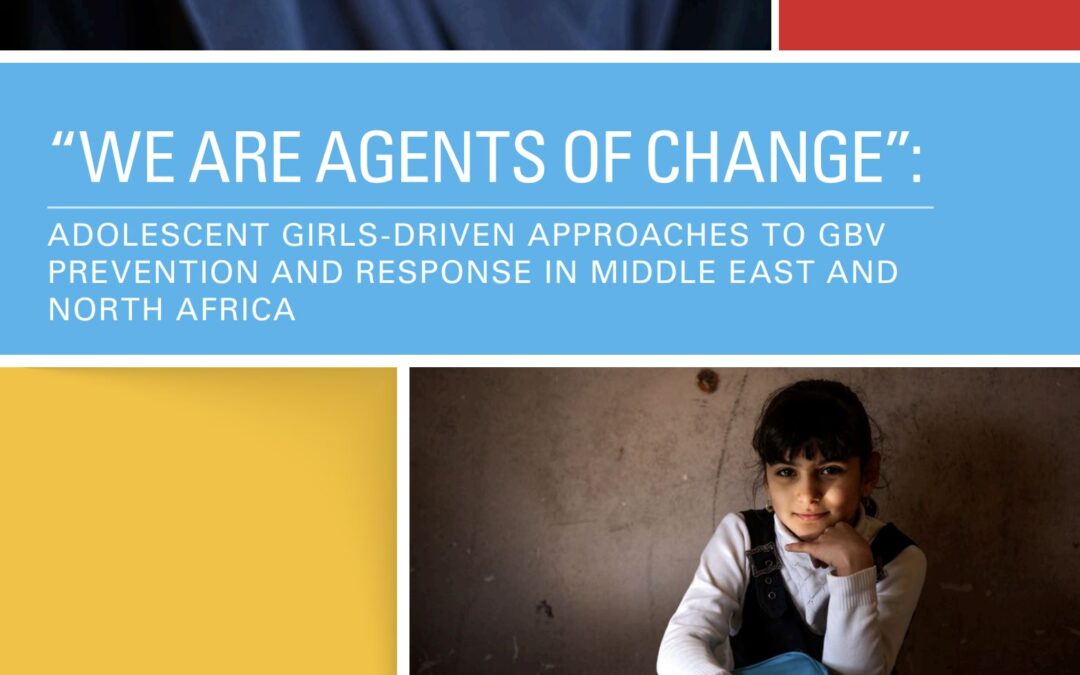
We are Agents of Change: Adolescent Girls Approaches to Gender-Based Violence Prevention and Response in Middle East and North Africa
This brief outlines adolescent girl-led approaches to GBV prevention and response in Middle East and North Africa including: access to gender-sensitive health information, peer-to-peer awareness in Syria, cross sectoral approaches to child marriage in Yemen and supporting adolescent girls empowerment and agency in Iraq.

Understanding and measuring technology-facilitated violence against women for better prevention and response
The rapidly growing access to and use of Information and Communication Technologies (ICT), accelerated by the COVID-19 pandemic, has resulted in a rise in technology-facilitated violence against women (TF VAW). Yet, accurate, reliable and comparable data on the extent of TF VAW are lacking to effectively inform and monitor targeted policies and programmes.
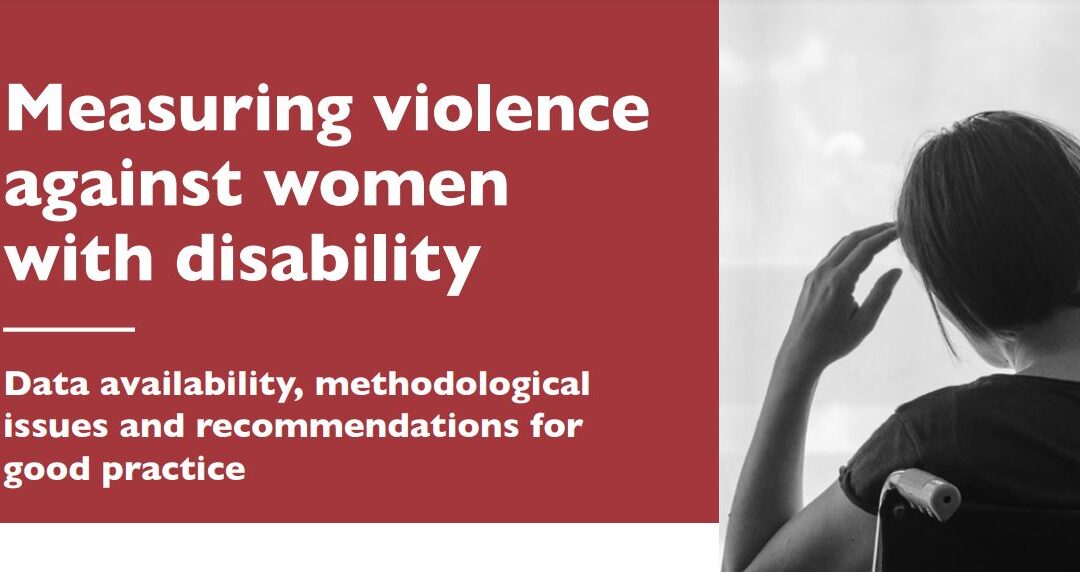
Measuring violence against women with disability: Data availability, methodological issues and recommendations for good practice
This briefing note, which focuses on the measurement of violence against women with disability, is one in a series of methodological briefing notes for strengthening the measurement and data collection of violence against particular groups of women or specific aspects of violence against women.
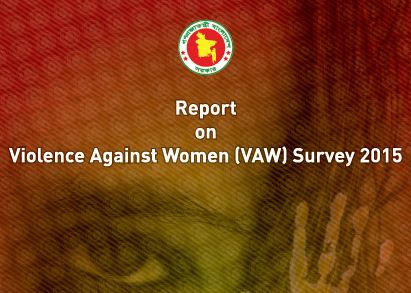
Bangladesh Violence Against Women Survey 2015
The Bangladesh Bureau of Statistics has conducted the second round of the VAW survey in 2015. The main objective of the survey is to generate official statistics on the prevalence of different forms of violence against women.
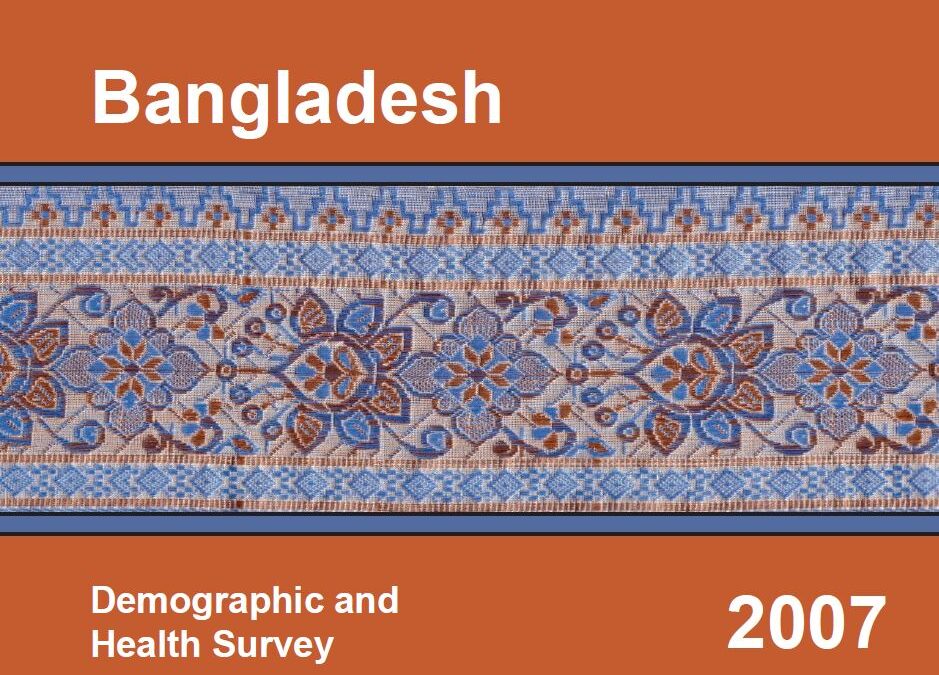
Bangladesh Demographic and Health Survey 2007
National Institute of Population Research and Training (NIPORT) Dhaka, Bangladesh
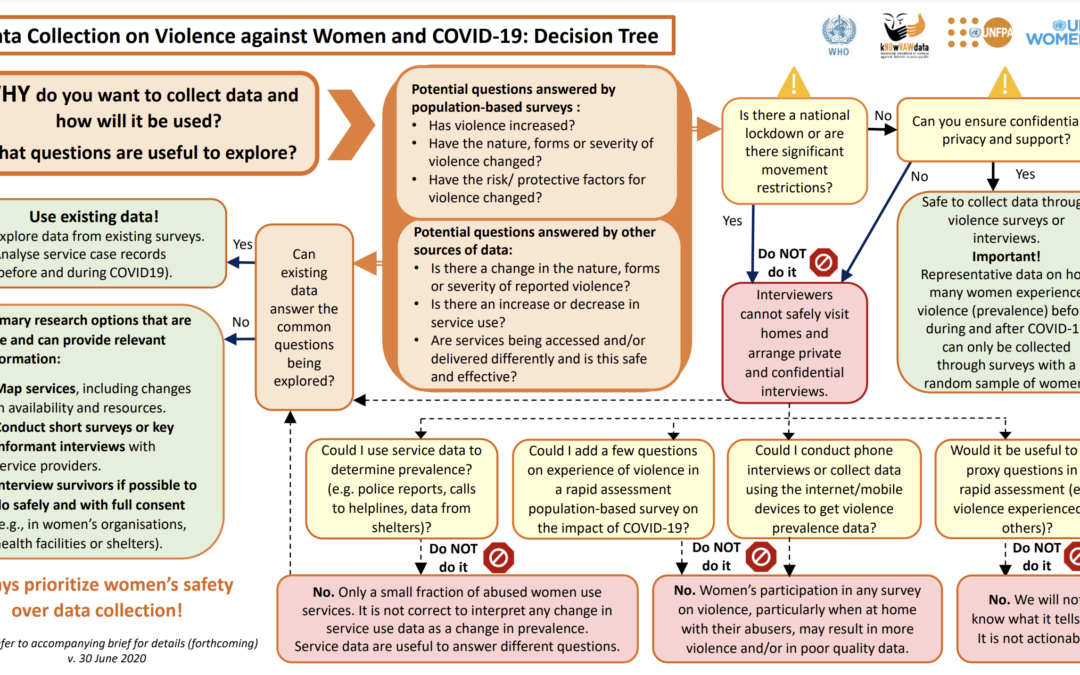
Decision tree: Data Collection on Violence against Women and COVID-19
This decision tree helps organisations with gender-based violence programmes, national statistical offices, policymakers and researchers decide when and how to best collect data on women's experiences of violence and their access and use of relevant services during the COVID-19 pandemic.
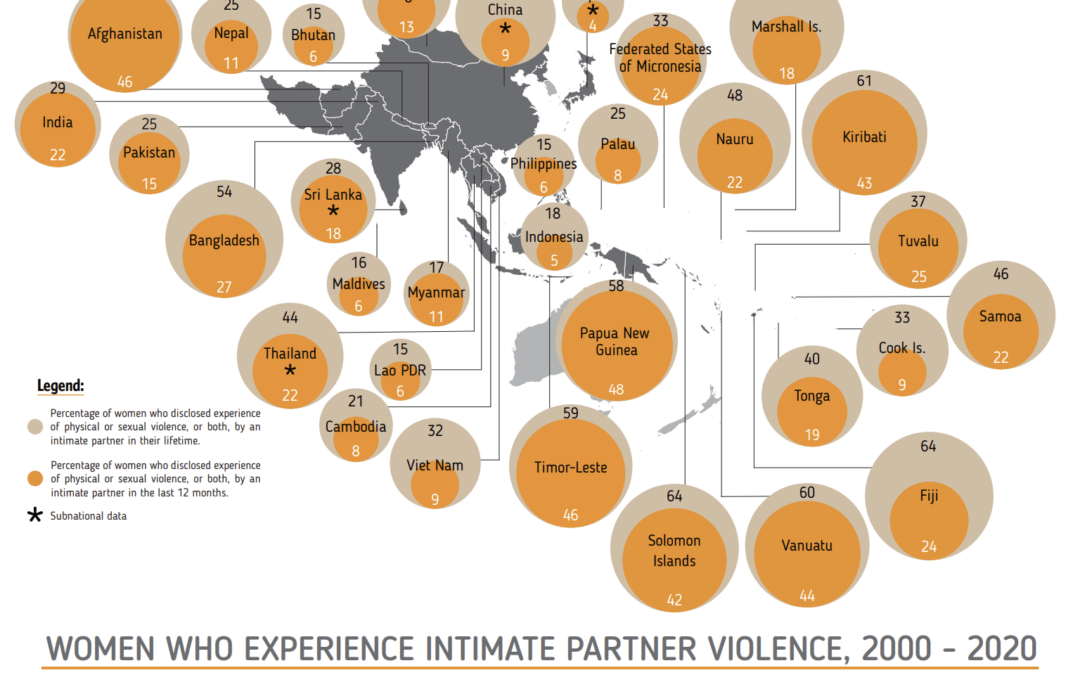
Violence Against Women – Regional Snapshot (2020) – kNOwVAWdata
2020 map of violence against women prevalence in Asia-Pacific region
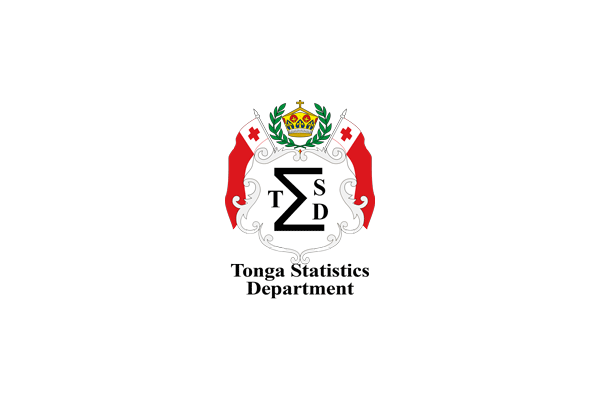
2019 Tonga Multiple Indicator Cluster Survey
An international survey program that is the largest source of statistically sound and internationally comparable data on women and children worldwide. The Tonga MICS collected data on health, nutrition, child protection, education, water, sanitation and hygiene as well as domestic violence amongst other topics.
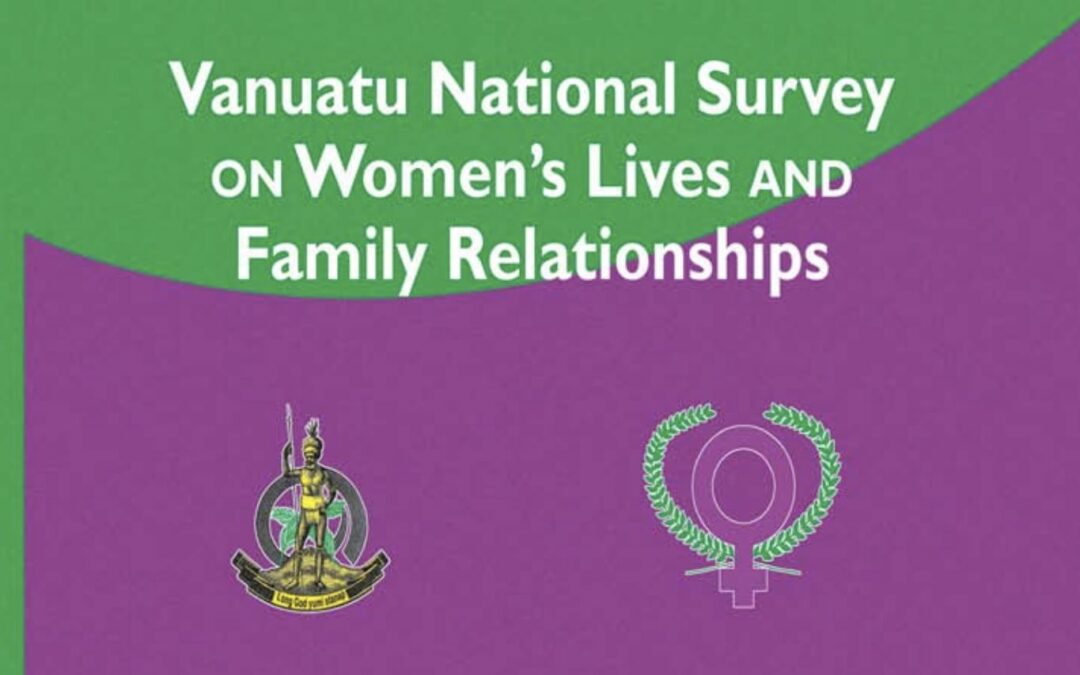
Vanuatu National Survey on Women’s Lives and Family Relationships
This population-based study provides a reliable benchmark of the prevalence and incidence of violence against women in Vanuatu, and on attitudes to violence including: health and other effects of VAW and children; risk and protective factors in the family and the community; coping strategies; and the implications for prevention and support services.
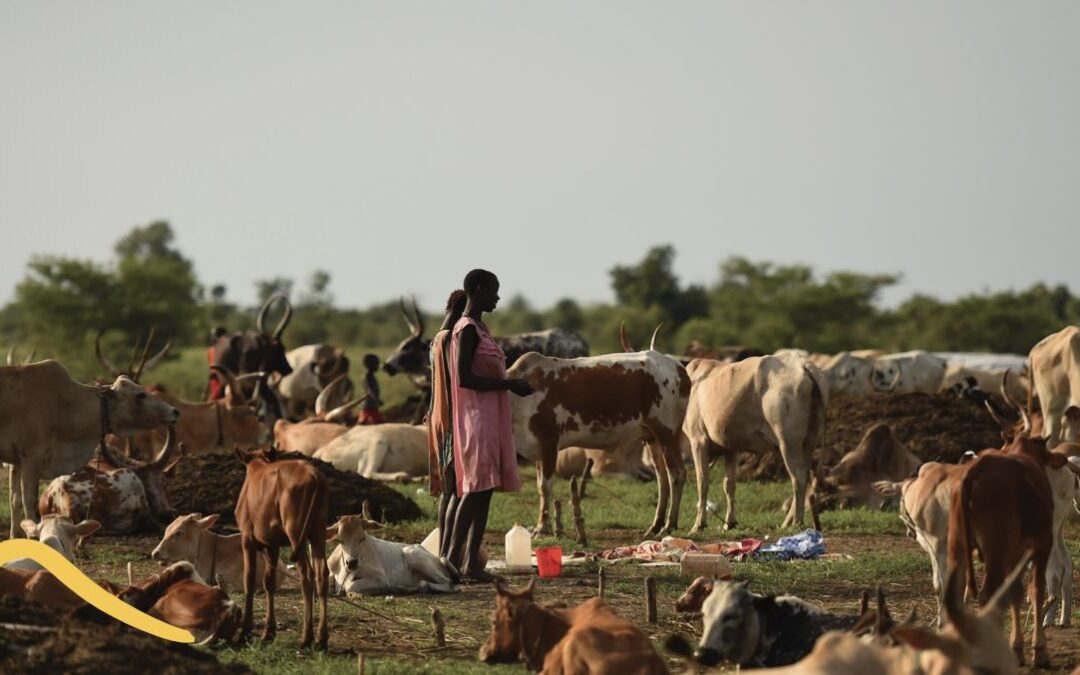
No Safe Place: A Lifetime of Violence for Conflict Affected Women and Girls in South Sudan (Policy Brief)
This brief highlights research aimed at filling substantial gaps in understanding of violence against women and girls (VAWG) in humanitarian settings, including whether or not there is a correlation between increased national conflict and VAWG.
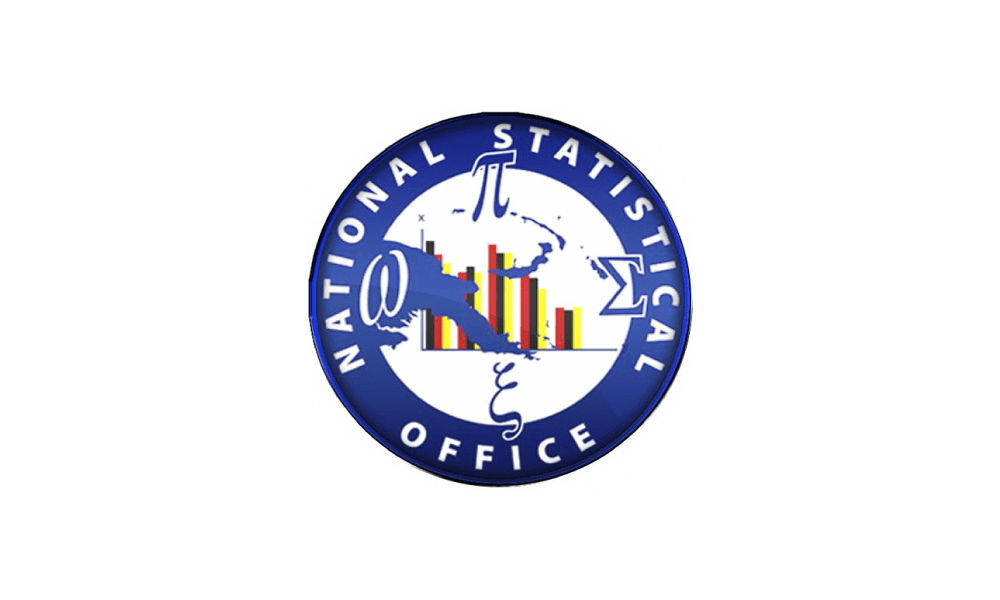
PNG Demographic Health Survey 2016-18 Report
The 2016-18 PNG DHS final report provides information on basic indicators of fertility, fertility preferences, family planning practices, childhood mortality, maternal and child health, knowledge and awareness of HIV/AIDS, domestic violence, and other related health issues.
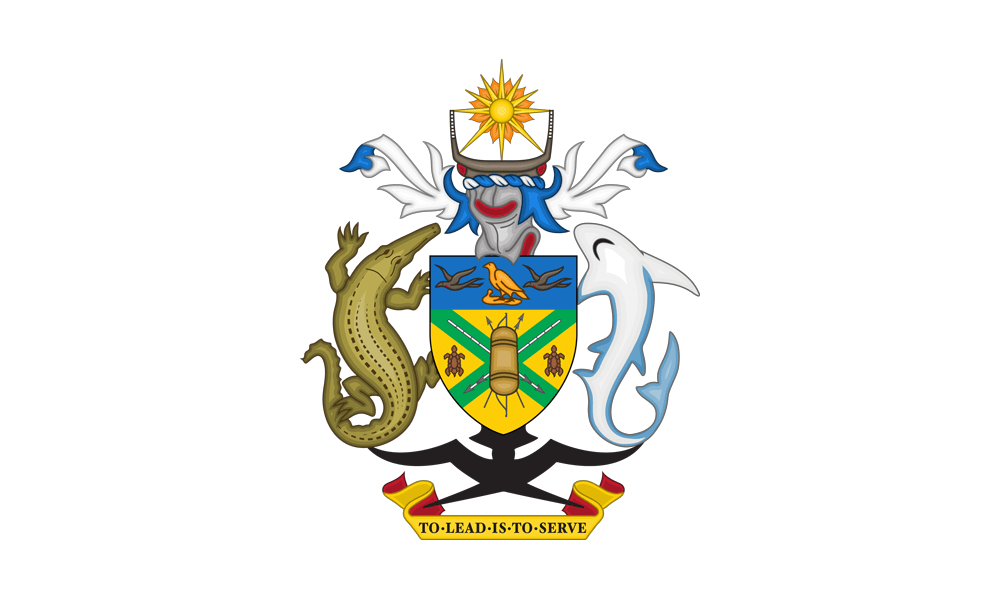
2006/2007 Solomon Islands Demographic and Health Survey (2007 SIDHS)
The primary objective of the survey was to provide up-to-date information for policy-makers, planners, researchers and program managers to use in the planning, implementation, monitoring and evaluation of population and health programs in the country. The survey was intended to provide key estimates of the demographics and health of the country. In addition, the content of the survey was expanded to include questions on disability and gender-related violence.
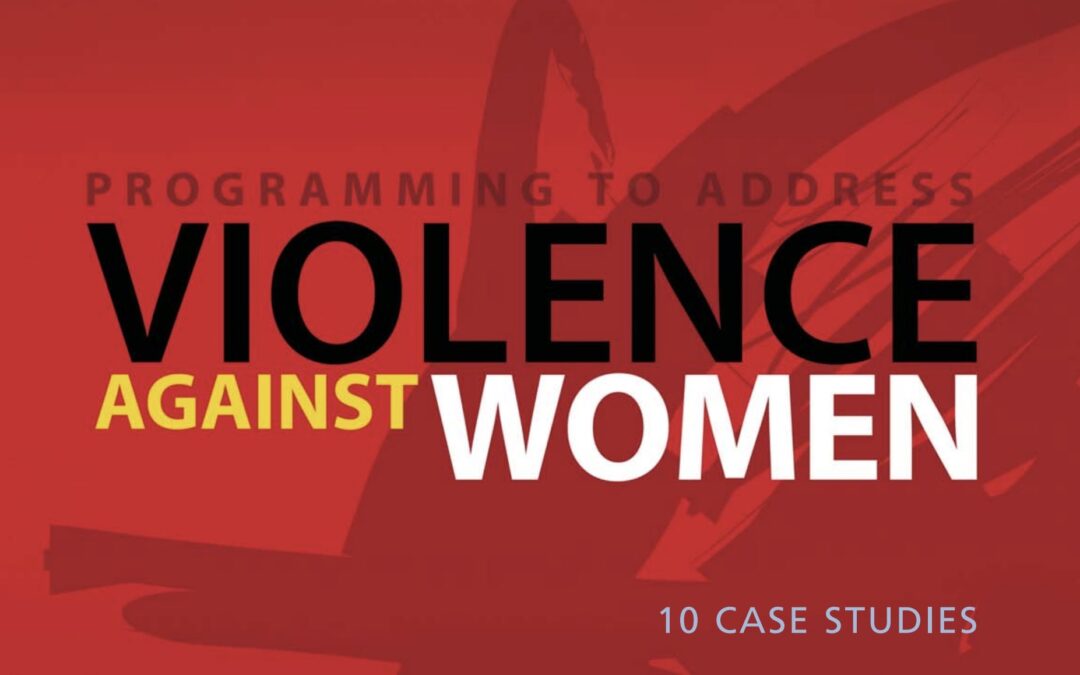
Programming to Address Violence Against Women
10 Case Studies presented in the form of lessons that were leant through projects conducted in 10 countries that set up projects to change attitudes and practices.
